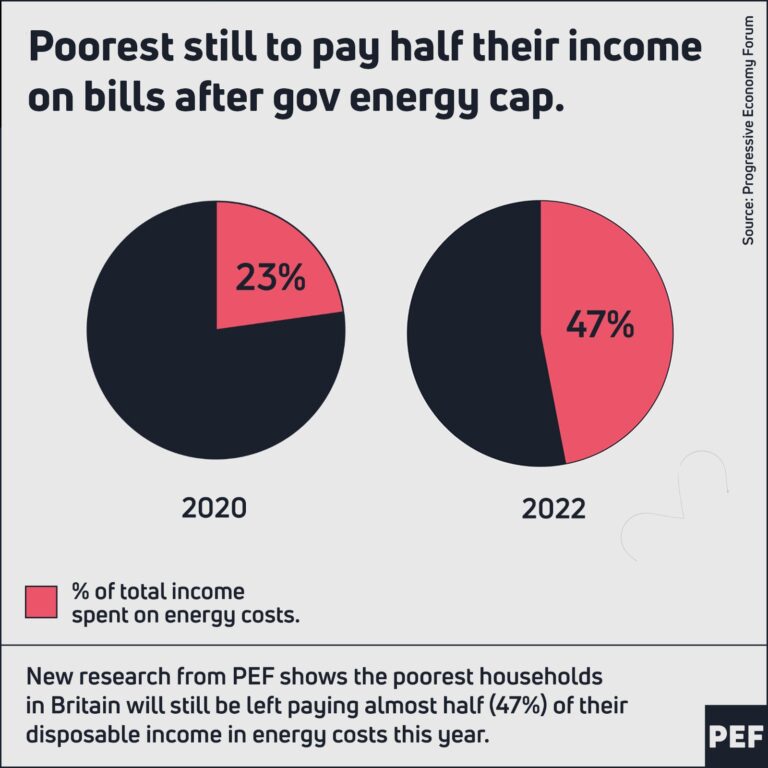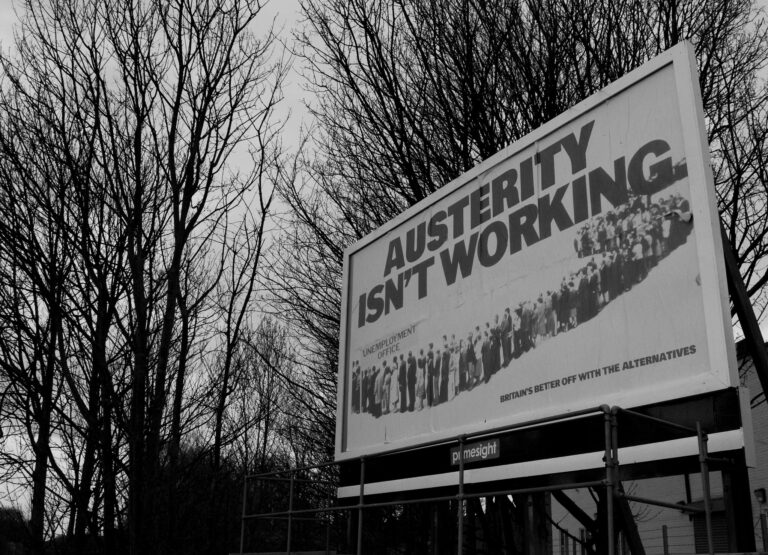
The Bank of England’s new chief economist, Huw Pill, gave his first interview in the job to the Financial Times a few days ago. It will do little to confirm the fears of those of us think, at the worst possible moment, the Bank is about to lurch into a round of interest rate rises on the back of inflation fears.
The focus has been on his comments about the short-term outlook, noting that forecasts suggest it will reach 5% over the next year or so. This, claims Pill, is “very uncomfortable” for a central bank with a target for inflation of 2%. True – but an indicator of the weakness of the Bank’s inflation mandate, drafted 24 years ago in a very different world. As the previous Bank governor, Mark Carney, demonstrated, in practice a central bank has significant discretion over its interpretation. The principle of discretion is built in to the Bank’s operations, with the governor merely having to explain, in a formal letter to the Treasury, why the Bank was missing its inflation target should it do so. (This relative autonomy is, after all, the point of saying the Bank is “independent”.) Under current circumstances, with inflation very obviously driven by supply-side shocks, there is no reason for the Bank to be expected to hit its target.
More concerning, however, were Pill’s comments about his “mentor”, first chief economist at the European Central Bank, Otmar Issing. Issing was (and is) a notorious inflation hawk, acting as one of the leading academic advocates for the high interest, tight money policies of the 1970s and 1980s that were crucial to securing the neoliberal turn against post-war Keynesianism. As central banks like Germany’s Bundesbank, the Bank of England and, especially, the Federal Reserve drove up interest rates, supposedly with the aim of targeting inflation, businesses failed and millions were pushed into unemployment.
Issing himself joined the board of the Bundesbank in 1990, as the reunification of Germany following the fall of the Berlin Wall gathered pace. The same high-interest, tight money approach by the Bundesbank, pushed by Issing, helped bring devastation to the former East Germany, as factories closed under the lash of an overvalued deutschmark and skyrocketing borrowing costs. Ratcheting up the interest rate, supposedly to cope with inflationary pressures and rising budget deficits, saw East German unemployment peak in 1992 at around 15% – up from scarcely 1% a few years earlier.
Issing later brought the same approach to the ECB where he pushed for a similarly “sound money” approach to designing the euro – this time, attempting to hitch the entirety of the Eurozone on to a monetary policy designed around the preferences of the richest parts of its largest economy. When the Great Financial Crisis erupted over 2007-8, the ECB’s brutal enforcement of its tight money policies under its President, Jean-Claude Trichet, helped push southern Europe into a devastating recession.
Pill himself makes clear that he believes the primary focus of the Bank of England should also be “price stability”. After a number of years in which central bankers, including those at the Bank of England, have recognised that a central banks’ footprint is necessarily larger than just controlling inflation – including, for example, recognising that environmental instability also hurts financial stability, and so central banks must take account of the environment – this looks like a real step backwards.
Facing a spike in prices as a result, primarily, of environmental instability – including the impact of covid-19 – there could surely be no worse time to back away from the Bank’s welcome and growing focus on environmental issues, whilst at the same time threatening to drive up interest rates. Increasing the Bank’s base rate won’t deliver more gas, or grow more food, or end the semiconductor shortage; but it will make it harder for companies to finance themselves, and risk rising unemployment here in Britain.
The Bank of England has an unhappy history of lurching back to monetary orthodoxy at the worst possible time: the disastrous 1925 return to the Gold Standard is the outstanding example, resulting in an immediate fall in exports and rise in unemployment as the pound was overvalued. If that return to orthodoxy happens now – if the Bank starts pushing up rates in the belief this will restrain inflation – future students of economic history may well have cause to view it in the same light.








